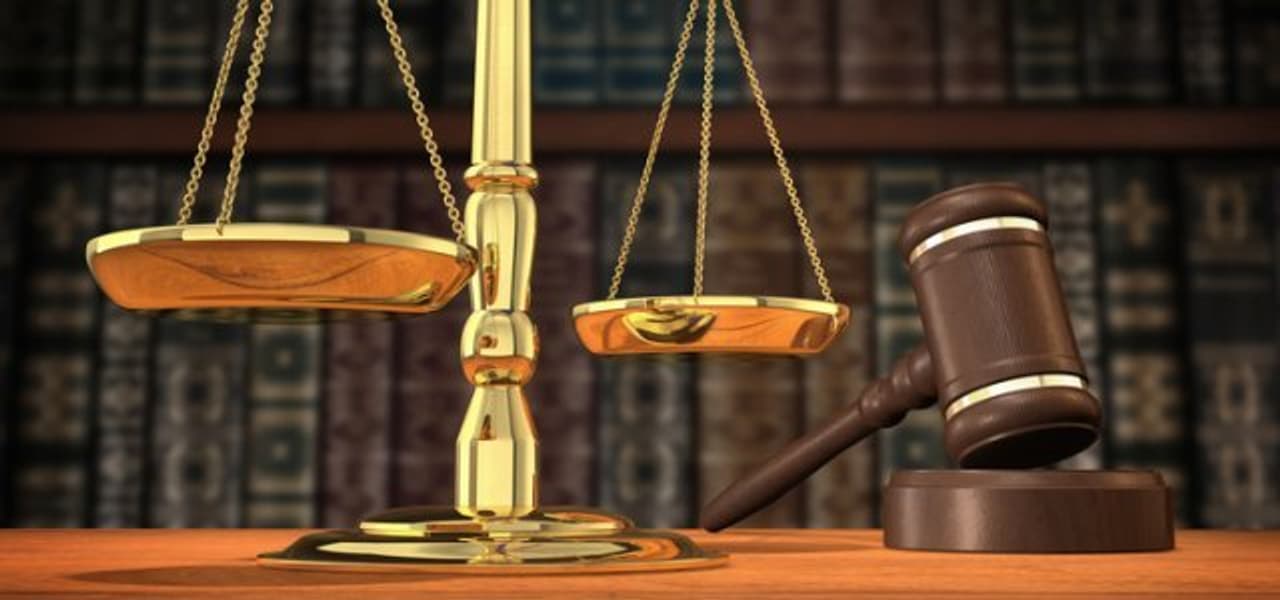
Analysis: Judging the European Court of Human Rights
The European Court – ‘small claims’ or landmark rulings?
For many the mention of the Court of Human Rights conjures up the image of complex cases dealing with genocide, war atrocities and tyrannical dictatorships, not the legal wranglings of aggrieved celebrities, disgruntled drug dealers or convicted asylum seekers.
David Cameron appears to agree with this view. Last week he used the UK’s chairmanship of the Council of Europe to speak out against the European Court of Human Rights, a judicial body which bases its judgments on the European Convention of Human Rights.
Speaking in Strasbourg, the home of the court, the UK Prime Minister warned the court ‘should not act as a small claims court’, and ‘should not undermine its own reputation by going over national decisions where it does not need to.’
The court on trial
Cameron’s comment divided opinions in the UK press. The Daily Mail supported Cameron’s criticism of the European body interfering in British affairs, while the Guardian explored the court’s own data to judge that it did indeed have a significant backlog of cases.
What was less discussed was Cameron’s claim that the court, designed to rule on fundamental human rights issues, has become a forum for frivolous ‘small claims’.
With this in mind the Bureau has looked back over the 19 cases that were brought against the United Kingdom in 2011 to see if they were really that frivolous.
A watchdog for the UK legal system
In 2011 there were six cases brought before the European court which addressed potential flaws or failings in the British legal system.
At first glance these cases may seem frivolous, of sorts. They seemingly address rather pedantic issues arising in trials in the UK.
In one case (Hanif and Khan v. the United Kingdom) the applicants complained they hadn’t been given a fair trial. The pair were being judged on drug dealing charges when it transpired one of the jury was a policeman who’s former police colleague was giving evidence against the pair.
Despite raising their concerns to the judge of the original trial the policeman on the jury was in fact made jury foreman and the defendants were convicted.
Believing their trial had been unfair the convicted pair complained to the Court of Appeal. The conviction was upheld. They were then refused leave to appeal to the House of Lords.
When the case was brought before the European Court the judges found that the applicants’ right to a fair trial had been breached by weaknesses in the legal process. This was true in four of the six cases which last year dealt with trial cases. In other words, it was the handling of the trial – not the subject of the offence – that was at stake.
Professor Sir Nigel Rodley KBE, Chair of the Human Rights Centre at the University of Essex, told the Bureau how the European court’s rulings on these cases can provide important clarity and guidance for UK courts for further proceedings.
‘At times the British legal system, like any, can be found wanting. The European Convention on Human Rights, which was written in part by the UK, has certain ideas in it and our legal system does not always fall squarely within those. We cannot say our system is perfect and everyone else’s is open to attack,’ Rodley explained.
The Media
It was not only the British legal system which came under scrutiny in the European court. Long before the Leveson Inquiry, complaints about the British media were being ruled on to assess alleged human rights violations.
In 2011 the court ruled on two cases which dealt with potential infringements of human rights in the media.
One case involved the Daily Mirror breaching Naomi Campbell’s right to privacy when they published images of her attending Narcotics Anonymous. After bouncing through the UK courts the European Court upheld the British House of Lords’ decision that Ms Campbell’s right to privacy had been breached but ruled that the fees the Mirror had been order to pay were excessive.
Another well-publicised case which made it before the European court was that of Mosley v. the United Kingdom.
In March 2008, the News of the World published a salacious article concerning the former president of the International Automobile Federation, Max Mosley.
Mr Mosley brought legal proceedings against the newspaper claiming damages for breach of confidence and invasion of privacy.
The British courts found that Mr Mosley’s privacy had been violated. Mr Mosley, however, wanted a stronger judgment.
Unsatisfied, Mr Mosley took his case to the European Court arguing that the News of the World should have been legally obligated to notify him in advance about the story, allowing him the opportunity to apply for an interim injunction.
In their submission Mosley’s lawyers said, ‘The UK government and parliament have left it to the courts to develop the law which protects Article 8 rights [to respect for a private and family life] … no other state has a press which habitually trades on the publication of the intimate, sexual details of people’s private lives … It is because of such journalistic malpractices, in breach of Article 8, that an effective remedy is required.’
The European court’s ruling here explored the complex interplay between stories that are in the public interest and the subject’s opportunity to reply. It found that in the UK press this interplay is balanced through the media’s own self-regulation, an issue now being discussed in the Leveson Inquiry.
The evidence coming to the inquiry also shows that in the past the UK legal system may not have been robust, or equipped with the legal tools, to deal with human rights violations in the media, and that in some cases recourse to the European Court was necessary.
The UK at war
The European Court of Human Rights has also proved to be a vital institution able to address the matter of alleged war crimes. In some cases this provided landmark rulings which had the potential to inform not only future rulings, but conduct in war.
In the case of Al-Jedda v. the United Kingdom the European court explored whether the UK’s obligations under our domestic Human Rights Act were superseded by United Nations Security Council resolutions.
Ruling on the case of an Iraqi man held for three years in a British Army detention centre in Iraq, the court found that there was no basis for the UK to use a Security Council Resolution for justification of detention of those considered a security risk.
The conduct of both UK and US soldiers in the Iraq was has been called in to question since the invasion in 2003. Military courts deal with some cases but the European Court provides an alternative forum when military and national courts, which could be argued to have a certain bias, are called into question.
Professor Rodley explained the need for a pan-national legal system which can hold governments to account. ‘What you see coming out of cases from Iraq is some pretty terrible stuff. Many of the cases there have been attended by total impunity.’
‘It is governments at national level that violate human rights, so it is at international level that we then need to hold them to account,’ he continued.
Immigration and asylum
Six of the 19 cases brought against the United Kingdom in 2011 focus on cases of deportation and failed asylum.
In four of these cases the European Court upheld the British courts’ decisions. Again this could be what Cameron meant when he said that the court should not ‘undermine its own reputation by going over national decisions where it does not need to.’
However Alison Harvey of the Immigration Law Practitioners’ Association (ILPA) sees the role of the European Court as a vital resource for asylum cases.
Harvey told the Bureau, ‘the right of individual petition to the European Court of Human Rights have helped to ensure that individuals, both those in the individual cases and those the treatment of whose cases is affected by the judgments, are not wrongly returned to torture and other forms of persecution. It is an essential part of the work to hold Government to the standards laid down in international law.’
Small claims or landmark rulings?
Looking back over a year’s worth of cases involving the UK it is possible to see both sides of the argument. In many of the cases the UK courts’ original judgments were upheld. However there is a streamlining process in the court, and the fact that the cases made it to judgment proved there was at least some merit to the case, meaning it deserved to be explored further.
In other instances the European Court’s rulings, even on cases which on face value seem mundane, provides vital case-law to clarify and expand the legalities of human rights in both international and domestic systems.
The cases brought against the UK have explored and illuminated issues on immigration, media, conduct during war and the British legal system.
While David Cameron suggests the court should turn its attention on countries like Russia and Turkey, human rights law experts believe the cases brought against the UK show that there are still violations of human rights in Britain and that British citizens still deserve to have a court outside the national system to deal with human rights claims. ‘Just because the UK is not the worst offender when it comes to human rights abuse does not mean it is not an offender,’ said Professor Rodley.
Indeed, human rights NGO Amnesty International reacted to Cameron’s statement saying, ‘If the Prime Minister is serious about reminding people of the value of human rights, then he should approve even the unpopular conclusions the European Court arrives at, instead of pandering to those who jeer at European judgments.’
Sentiments that this news organisation sees considerable sense in.



